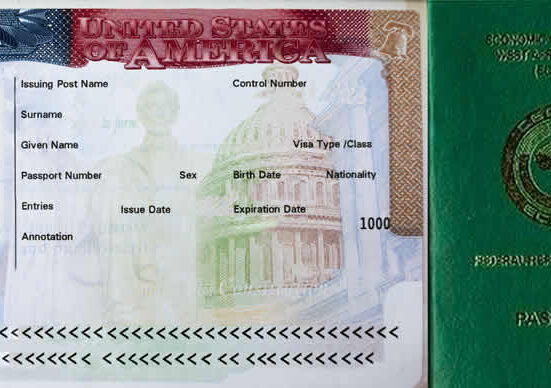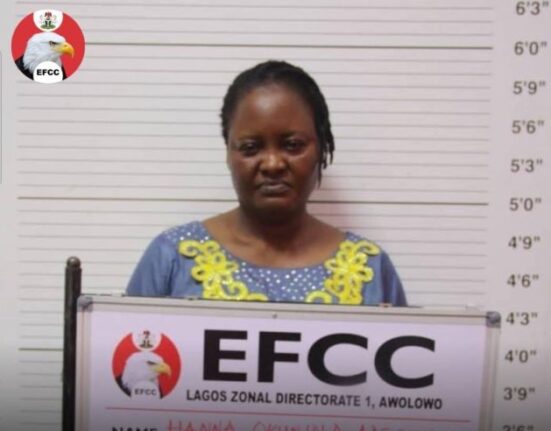In the ruling, Justice Nicholas Oweibo struck out the suit on the ground that Section 308 of the 1999 Constitution prevents the institution of any criminal or civil case against a sitting governor or the president.
In its notice of appeal, filed by a Senior Advocate of Nigeria Rotimi Oyedepo, the EFCC submitted that Justice OWEIBO erred in law when he struck out the suit as the immunity conferred on the respondent against any civil or criminal proceedings during his incumbency as a Governor of Kogi State, does not extend to properties reasonably suspected to be proceeds of crime traced to him.
The EFCC also submitted that the court erred and occasioned a miscarriage of justice when it refused to bind itself with the decision of the Court of Appeal and the decision of the Supreme Court on the proper interpretation of Section 308 of the 1999 Constitution.
Governor Bello, subsequently responded to the application, seeking to vacate the order of the court on the grounds that most of the properties sought to be forfeited were acquired by him before he became the Governor of the state.
In his ruling, Justice Oweibo held that Section 74 of the Act places the burden of proof on the opposing party to show that he is the legitimate owner of the asset suspected to be proceeds of crime.








Leave feedback about this